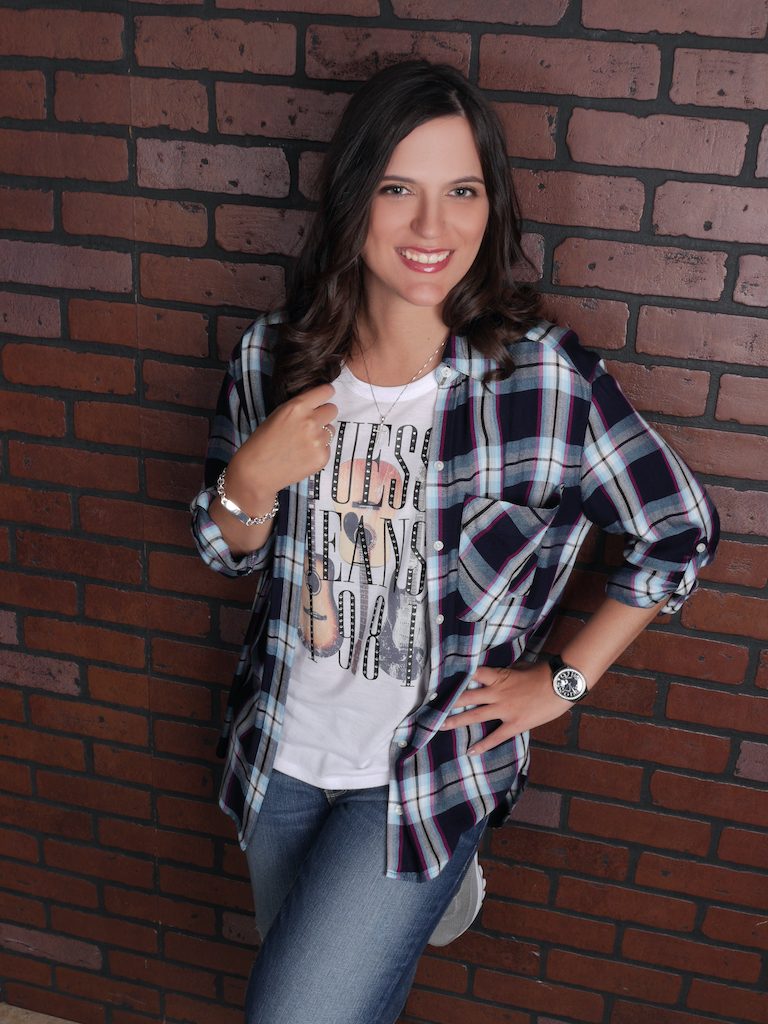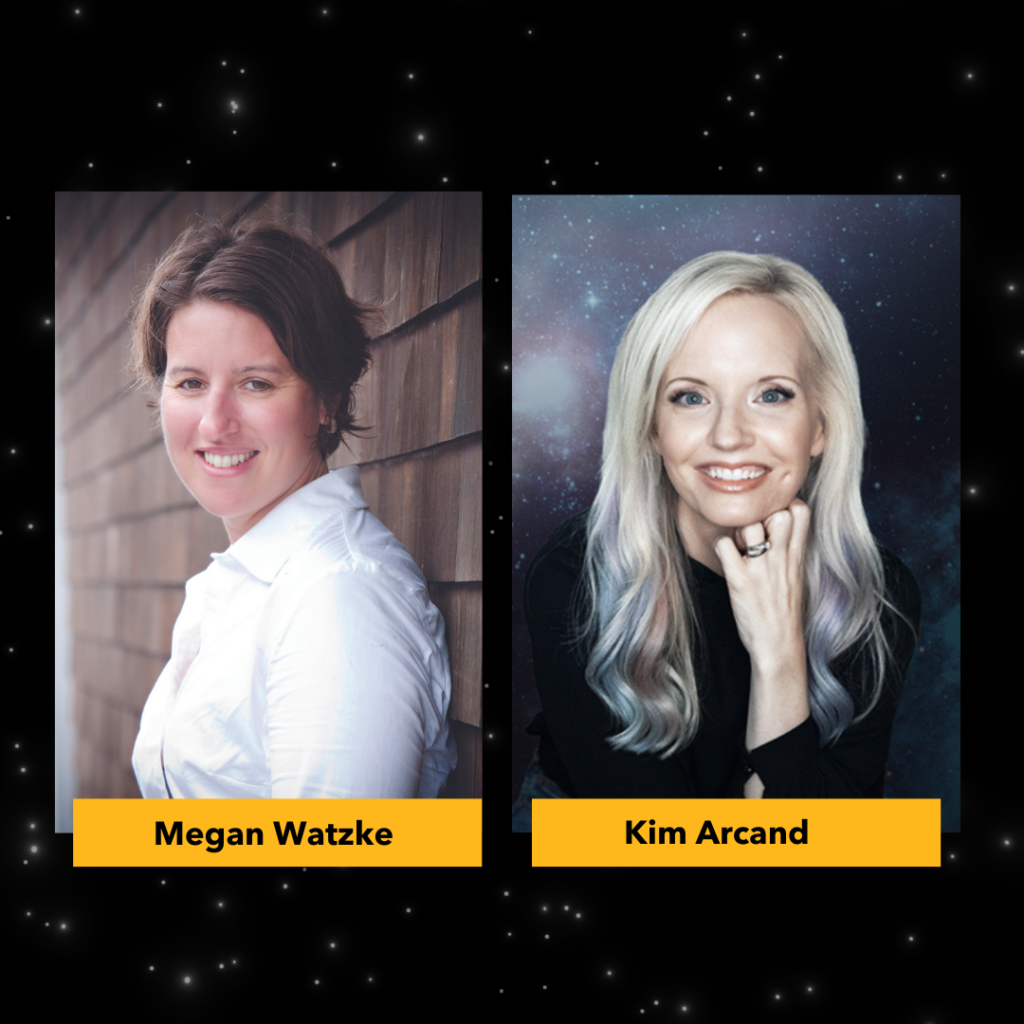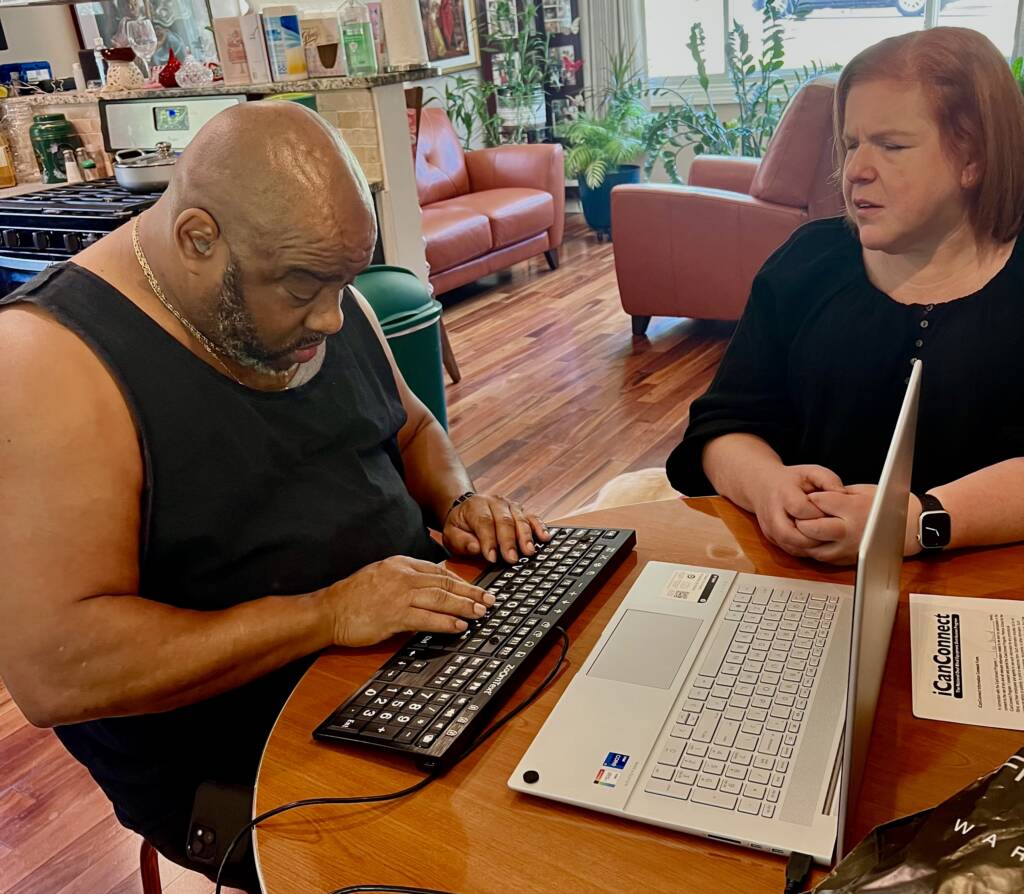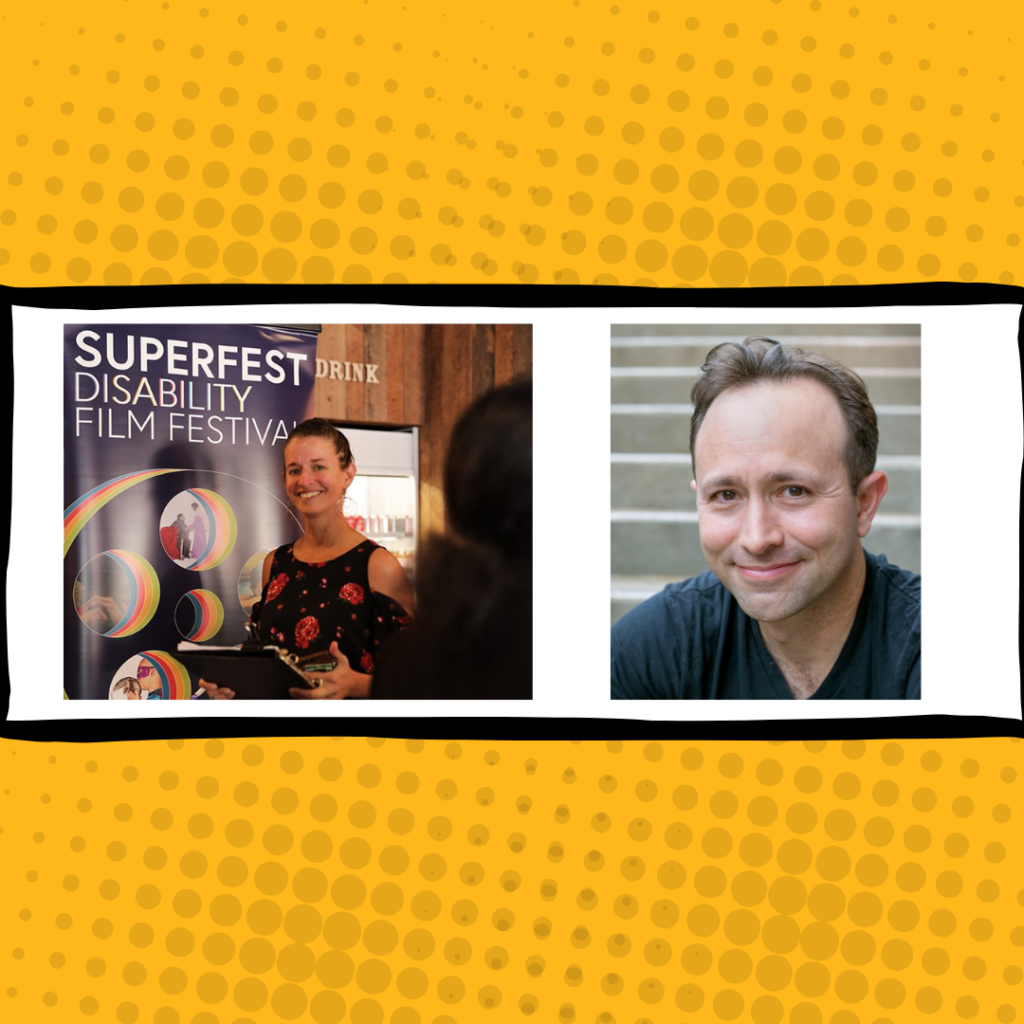At the age of fourteen, I was faced with a brutal reality – one I did not see coming – literally. Two words changed my life forever: cone dystrophy. At the time, I wasn’t ready to accept this rare eye condition, not to mention the term “legally blind” that followed it. And why should I have been ready? My Sicilian birthplace in Italy gave me no support or tools because teachers and peers only viewed me as incapable in every way.
Thankfully, my parents were not ready to give up on their legally blind daughter. They were determined to make sure I still had a bright future ahead of me, even if they weren’t quite sure what that future would look like.
Luckily for me, my parents and I moved to New Jersey, where I had an opportunity to embrace my disability. I joined the New Jersey Commission for the Blind and Visually Impaired, learned new skills and assistive technology, began walking with Casper the White Cane, and started attending college. But nothing could prepare me for what was to come: unbearable feelings of anxiety and depression that made me hit rock bottom. Why did I feel this way when I was finally in a place where I could feel accomplished?”
As a motivational speaker, I had become skilled at educating others about my eye condition, but I was still lying to myself because I hadn’t truly accepted or processed my disability. I still felt like the awkward kid who was bullied in grade school and seen as uncool.
Living – and thriving – with cone dystrophy
However, with time, professional help, and the unconditional love and support of my incredible mother, I recognized that cone dystrophy wasn’t something I needed to learn to overcome. It was something I had to adapt to, embrace, and be proud of. Vision loss wasn’t about learning to adjust and move on. It was about learning the skills that would help me cope.
Cone dystrophy is challenging; people don’t understand it. I am legally blind and wear sunglasses at all times because of abnormal sensitivity to light. In cone dystrophy, the cone cells in the retina of the eye are damaged. Cones help us see in bright conditions. Mine do not function, so when I am exposed to bright light (indoors or outdoors) I cannot see anything. Yet, in an environment with comfortable, dim lighting, I can see and process more visual information.
I live with the constant accusation that I must be faking my eye condition. Because how can I ride a bike at night while experiencing day blindness? How is that possible? Nonetheless, with time, I learned to not care about other people’s perceptions of me. I had become exhausted by the constant need to educate the world around me about my condition. But there was no need for me to be superwoman and be brought down by the metaphorical cape I kept holding onto.
So, I became more focused on changing how I saw myself than worrying about how others saw me. I am far from being the fearful kid I used to be. I have gone on to obtain a master’s degree in clinical mental health counseling from the College of New Jersey; become a nationally certified counselor, author, speaker, and advocate; and land a full-time position as a career coach at Monmouth University’s Office of Career Development. When I walked into my interview for the position, I made sure the interviewers saw me for my talents and skills and not for my disability.
Reaching for the stars
The only person who has the power to ever make you feel inferior is yourself. People will always judge, so I surround myself with a family that loves me as I am, friends who accept me for me, and colleagues who never make me feel less than. Put yourself out there and find the right people and environment that will help you see you for who you are. I have learned to reach for the stars and not let others ridicule me. Because the people and things that matter will always be there cheering you on throughout your life-loving journey. Be you, be proud, and never let your disability hold you back. Let it be the thing that makes you stand apart from others and something you are proud to share.
Always embrace your differences!
About the author
A native Sicilian-Italian speaker, Mariagrazia Buttitta is a National Certified Counselor (NCC), author, motivational speaker, career coach, wellness and health enthusiast, and a passionate mental health and disability advocate. Mariagrazia holds a master’s degree in Arts in Counseling: Clinical Mental Health Counseling from The College of New Jersey. Mariagrazia – the author of Now I See: How I Battled Blindness, Mental Illness, an Espresso Habit and Lived to Tell the Tale regularly educates and speaks to college students and organizations about her blindness and her battle with depression and anxiety.
Learn more about Mariagrazia by visiting her website, EmbracingYourDifferences.com. You can also connect with her on social media: Facebook, Twitter, Instagram, YouTube and LinkedIn.



